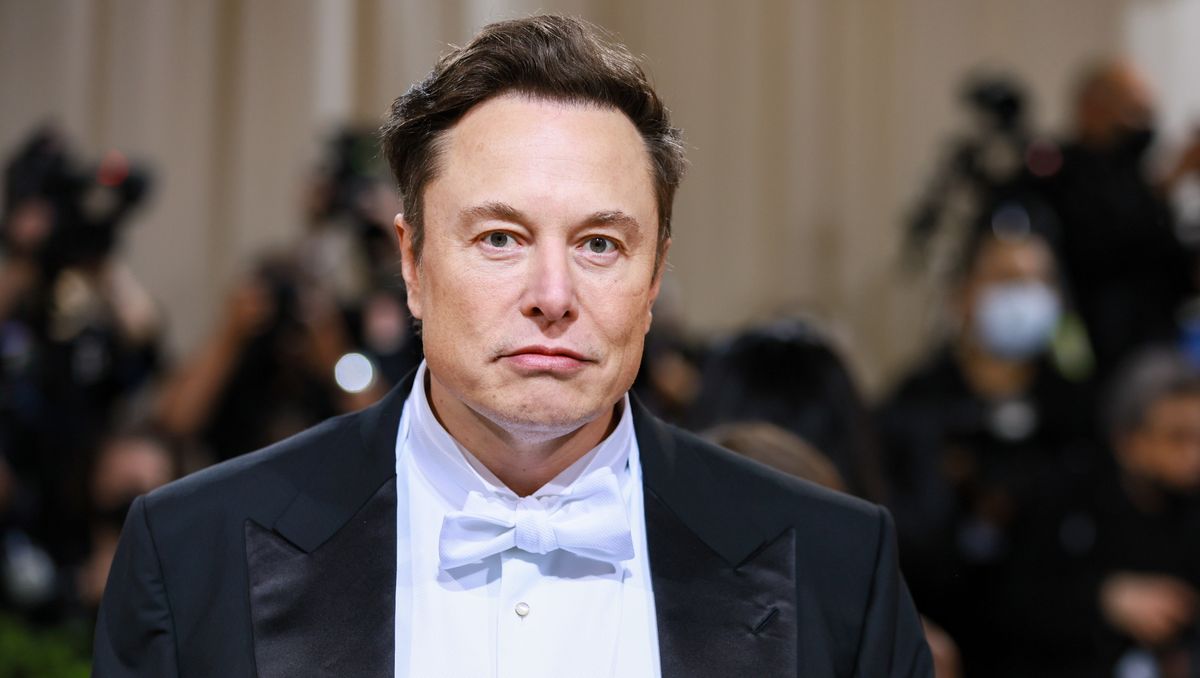
[ad_1]
After an extended courtship, earlier this month it became official: Elon Musk will buy Twitter after all. And he means it this time.
Just like giving the richest man in the world an excuse cart a sink into a Twitter feed, this inevitably led to questions about what his administration could mean for one of the world’s largest social platforms. For all of Twitter’s problems, and the disconnect between what happens there and the real world, Musk’s designation of it as a de facto “public square” has some merit.
Given some of Musk’s past behavior, and this seemingly impulsive purchase is one part of it, there is understandable curiosity about what he may choose to do with the platform. He has not been shy in the past to criticize what he sees as a bot problem, and has been outspoken about the platform’s value in advertising. Now Musk has taken to Twitter, where else, to share some of his thoughts on the future of the platform.
“I wanted to contact personally”, writes Musk over three large texts addressed to no one. “To share my motivation for acquiring Twitter. There has been a lot of speculation about why I bought Twitter and what I think about advertising. Most of it has been wrong.”
Musk says he acquired the company because “it is important for the future of civilization to have a common digital town square where a wide range of beliefs can be discussed in a healthy way, without resorting to violence.”
It seems difficult to cause actual violence on a digital communication platform, but what do I know. Musk laments the splintering “into far-right and far-left echo chambers that breed more hatred and divide our society.”
The “traditional media” is blamed for this ecosystem, with the greatest successes of “chasing clicks” and “port[ing] in the money”.
Here comes our hero. Musk bought Twitter, Musk says, “to try to help humanity, which I love.” Doesn’t that sound like something a non-human would say? “And I do so with humility, recognizing that failure in pursuing this goal, despite our best efforts, is a very real possibility.”
Musk says the future goal is to allow users to “choose your desired experience based on your preferences,” likening it to choosing a movie or video game. I’m not entirely sure about that comparison to social media, but he is the billionaire.
There’s then a quick detour into an American-style dystopia, when Musk says advertising can “delight, entertain and inform” users, for example by showing you “a medical treatment you never knew existed, but is right for you.” Paul Verhoeven was right about absolutely everything.
“Ads of low relevance are spam, but highly relevant ads are actually satisfied!” writes Musk. Please pass the sick bag. Musk ends with a bromide about how great advertisers are, and signs off by saying “let’s build something extraordinary together.”
This tweet is part of what Musk has been saying on Twitter over the past few days. He seems to have subscribed to the notion that it somehow empowers citizen journalism, which seems wildly optimistic, and I’m still not sold on the notion that traditional media is somehow to blame for Twitter’s problematic dynamics.
One interesting follow-up came from a respondent who raised the prospect of Twitter paying individual content creators who they say produce the majority of the platform’s popular content but don’t profit from it. “Absolutely,” Musk said, so he can look forward to his own version of Twitch’s ongoing revolutionary drama.
Either way, Musk’s management of Twitter will clearly bring some changes. Whether better targeted advertising and allowing users to customize what they see will change for the positive remains to be seen: But at least we’ll get an ‘edit’ button.
[ad_2]
Source link
